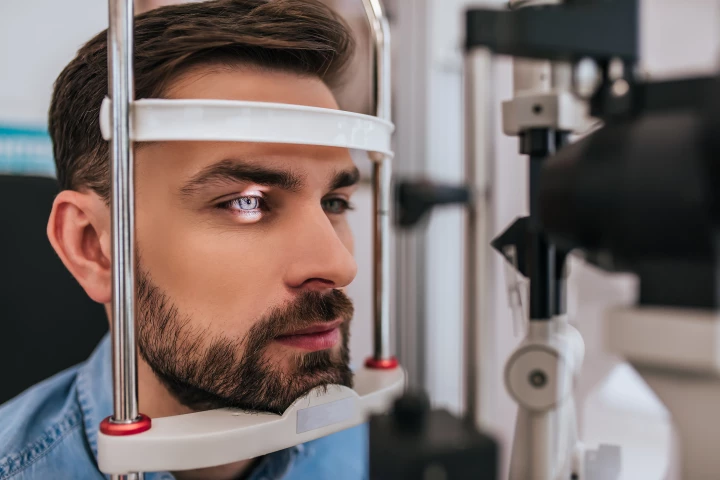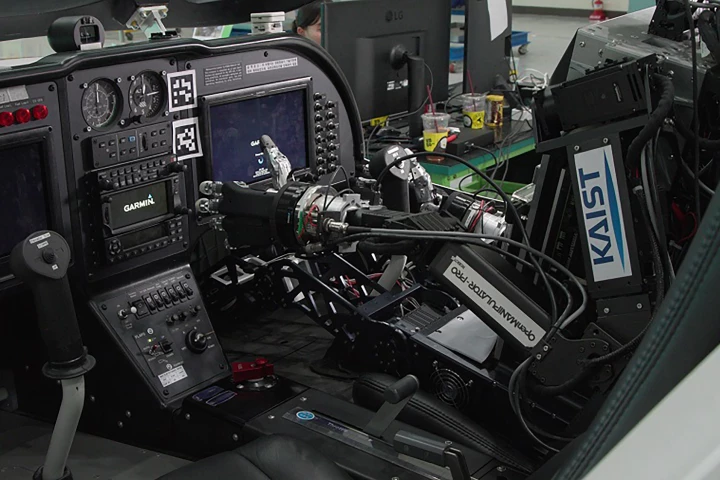KAIST
-
Researchers have developed a spray-on powder that turns into a wound-conforming gel when it comes in contact with blood. The breakthrough has the possibility of dramatically improving wound care in combat and other life-threatening situations.
-
One of the big challenges in building a space rover is ensuring it doesn't break down out there. Aerospace engineers have designed a flexible wheel for rovers that doesn't require an air-filled tube, can change its size, and can take a real beating.
-
Instead of growing, harvesting, processing, and shipping fabric across the world, why not let non-polluting bacteria grow it and dye it in a single container? Korean scientists are taking the first steps towards doing that very thing.
-
A breakthrough treatment has allowed damaged retinal cells to regenerate themselves. The current research has been conducted on mice, but the pathways are the same in humans, which opens hope for a new way to treat certain kinds of blindness.
-
Working with a line of colon cancer cells, Korean researchers figured out a way to throw a few genetic switches to cause the cells to revert back to a healthy state. The technique could have major implications in the way we approach cancer treatment.
-
Exoskeletons have been helping paraplegic patients to walk for years, but the latest development from KAIST is a little different. The WalkON Suit F1 can amble over to a patient seated in a wheelchair, install itself, and get the user up and walking.
-
Researchers regenerated damaged bone in mice by creating a scaffold that combines a piezoelectric framework and the growth-promoting properties of a naturally occurring mineral. The novel “bone bandage” has wide-ranging potential applications.
-
Preventing or clearing ice build-up on surfaces is a major winter problem, as some areas are currently experiencing. Scientists at KAIST have now developed a new thin film coating made of gold nanorods that can passively melt ice using just sunlight.
-
A four-legged robotic dog called HOUND has demonstrated an unprecedented level of agility and speed, clocking the fastest 100-meter dash ever achieved by a quadruped robot and setting a new Guinness World Record in the process.
-
While intravenous needles need to be rigid in order to pierce the skin, that rigidity sometimes causes damage to the veins. A new needle addresses that issue by softening upon insertion into the patient's body.
-
A team of researchers has developed PIBOT, the world’s first humanoid robot pilot. Able to slide easily into the pilot’s seat and flip switches in the cockpit, the robot also uses AI technology to memorize flight charts and emergency protocols.
-
Scientists in South Korea have created what they call "the world’s smallest ball game," throwing individual atoms between two optical traps. The research could eventually make for more adaptable and dynamic quantum computers.
Load More











